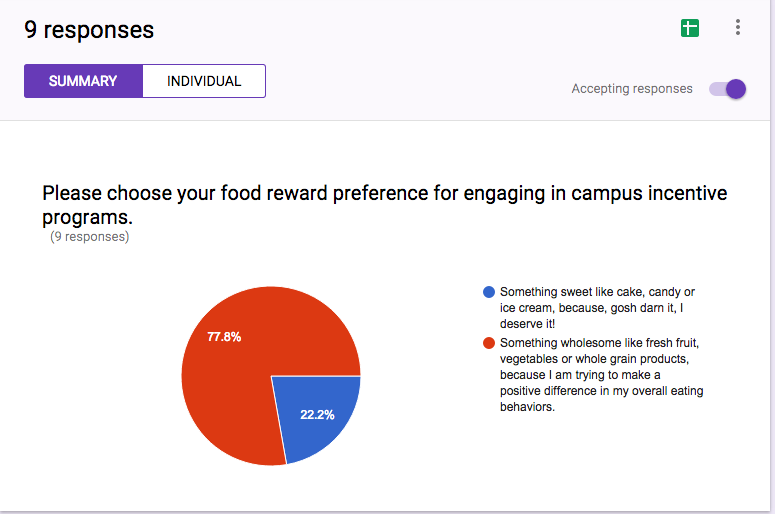As a Storyteller, I go to as many workshops and conferences as I am able. Learning more about my craft is an ongoing quest. Recently, I had the opportunity to attend an all-day workshop with international Storyteller and Mime, Antonio Rocha (pronounced “hosha”), originally from Brazil. Antonio is an incredible performer. I swear that I have seen him “float”!
At the beginning of the workshop, Antonio asked each participant to voice what they hoped to get out of the day. In addition to some specifics, I said, “Oh yeah, and I want to learn how to float!” Antonio’s response set the tone for the whole day: “The first step is to believe you can float!”
There were many things that I learned and gleaned from the workshop, but one of the most important, and most revealing was the actual “coaching” that several people got from Antonio. As each person told their story, I had my own ideas about how they were doing, and what might be helpful. It was quite amazing when Antonio’s suggestions affirmed my own thoughts. To be “in sync” with a master that I admire confirmed for me that I was “on the right track” with my own assessments.
Then came my turn to be coached by Antonio. Try as I did to affect what I had already learned from the workshop, I was not completely successful. Antonio was gentle and affirming in his suggestions for me, “You can do this. Believe you can!” It was in the “doing” and putting myself out there that I learned the most.
My advice to all who wish to improve themselves, in whatever endeavor: study, learn from the masters, get coaching from a trusted and admired mentor/colleague.
The first step is to believe you can!

 Last Friday, February 19, from
Last Friday, February 19, from 

